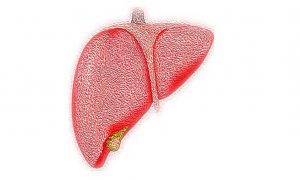Though heart-related ailments are not gender biased, one’s body gives warning signs and the signs for men and women are slightly different
As per the World Health Organization, cardiovascular disease is one of the leading causes of death around the world. Though heart-related ailments are not gender biased, one’s body gives warning signs and the signs for men and women are slightly different. Abnormal sweating and seizure-like activity are the most common symptoms seen among both genders.
Read More: Does Covid-19 or its vaccination make migraines worse?
“Chest pain is the most common symptom among men, but women tend to have more than one symptom at the same time, such as fatigue, nausea, vomiting, jaw pain, shortness of breath, and abdominal pain. Since the symptoms among women are different and are not directly linked to the heart, they can be ignored and women might delay seeking immediate medical attention,” says Prof. Dr. Nagamalesh U M, Lead Consultant, Cardiology, Interventional Cardiologist, Aster CMI Hospital, Bangalore.
Risk factors that are unique to women include premature menopause, treatment for breast cancer, depression, endometriosis, and hypertension disorders during pregnancy. “Women often report their symptoms as chest discomfort, tightness, and heaviness, and don’t necessarily describe it as ‘chest pain like men. Psycho-social stress is another risk factor important especially for women. Increased stress, depression, and anxiety is a factor of heart disease that tends to affect women more,” adds Dr Nagamalesh U M.
Read More: Low Salt Diet: 6 Side-Effects Of Reducing Sodium Intake In Your Everyday Meal
Dr Nagamalesh U M shares preventive tips for a healthy heart:
- Focus on a heart-healthy diet, that is rich in fiber and healthy fats.
- Maintain a healthy weight, focus on the BMI (body mass index) rather than just the weight. A BMI of more than 25 is considered overweight
- Increase physical activity. Exercise on a regular basis for at least 30 – 45 minutes a day
- Avoid smoking a consuming alcohol





































